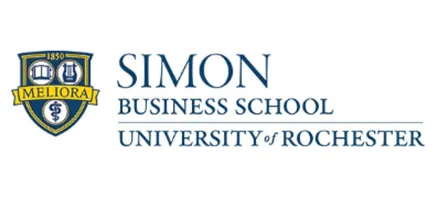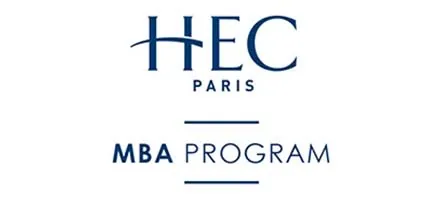MBA Concentrations: How and Why To Make Your Choice
Business students typically have the option to either earn a generalized MBA degree or specialize in an MBA concentration.
US News recently discussed some of the benefits of specializing in an MBA concentration and how students can go about choosing the right specialty.
“There is a growing desire to have an MBA from a world-class institution while also having knowledge in x, y and z,” Brad Killaly, associate dean of the University of Michigan’s Ross School of Business, tells US News.
BENEFITS OF SPECIALIZING
Experts picking an MBA concentration allows students to show employers that they have credentials beyond a generalist degree.
“This is a form of validation that formalizes their expertise in an area,” Killaly says.
Additionally, having a specialty can help students stand out in a competitive job market.
“Having that specialization on your resume, plus a supporting internship or extracurricular activities, will help you stand out from the crowd,” Stacy Blackman, founder of Stacy Blackman Consulting, says. “Students who specialize can also grow their niche network during the MBA program. That way, they’re ready to hit the ground running on day one.”
HOW TO FIND THE RIGHT CONCENTRATION
MBA concentrations vary from B-school to B-school, but the most common specializations include:
- Accounting
- Consulting
- Economics
- Entrepreneurship
- Finance
- International Management
- IT / Technology Management
- Leadership
- Marketing
- Operations Management
- Strategy
Choosing the right concentrations comes down to your background and what your future goals are. Anneliese Jennings, who graduated in 2021 with an MBA in finance from Drexel University’s LeBow College of Business in Pennsylvania, earned her undergraduate degree in marketing. Jennings says she was interested in financial analytics and investment banking, so a finance concentration made the most sense.
“I figured that having a concentration in finance would probably be beneficial if later on in my life I decide to go towards the financial analyst route and want to work my way up to a top position,” she says.
Similarly, Kirsten Benedict, who enrolled in the MBA program at Wilmington University in Delaware after accepting a full-time job at JPMorgan Chase & Co., says she chose an MBA in finance because she wants to pursue a financial leadership role later in her career.
“I wanted to get an MBA in finance because I want a better understanding of the business world as a whole,” she says. “Since my background is in engineering, I want to make myself more knowledgeable in the field I am working in.”
Sources: US News, Stacy Blackman Consulting, Fortuna Admissions
Next Page: What makes a great recommendation letter.










